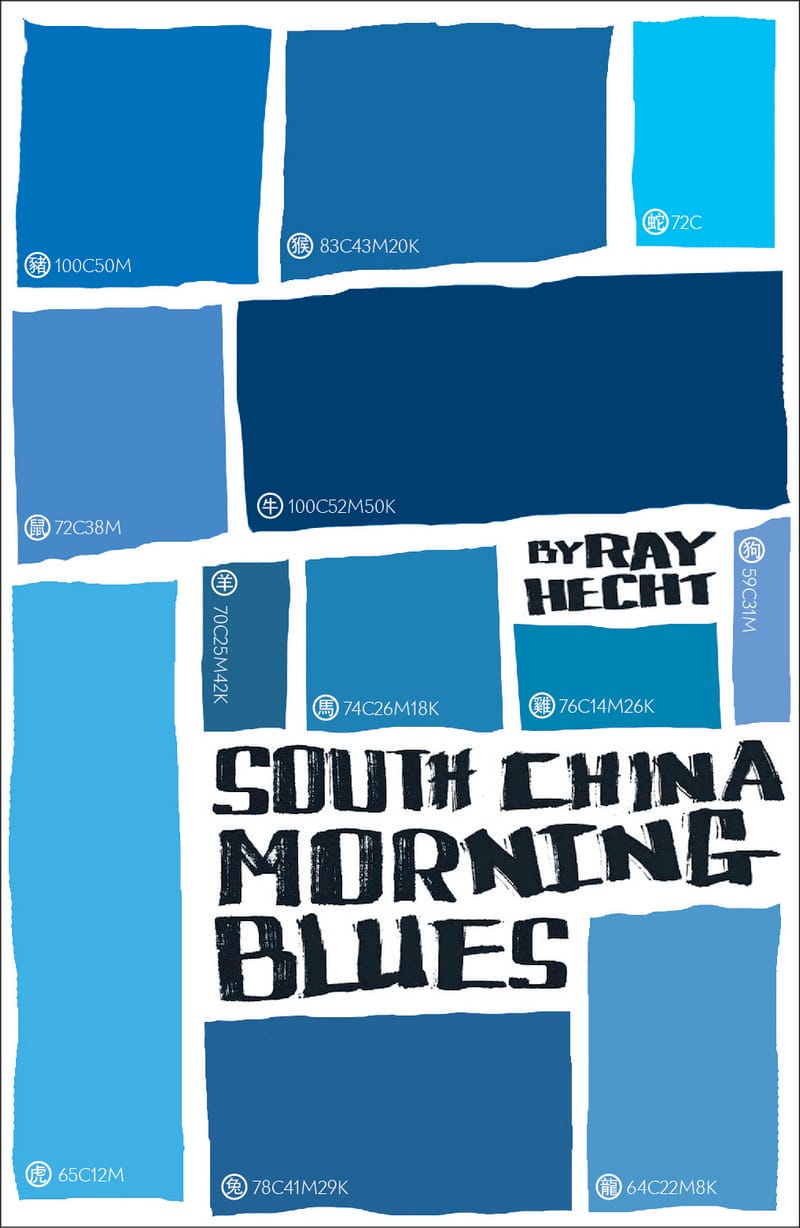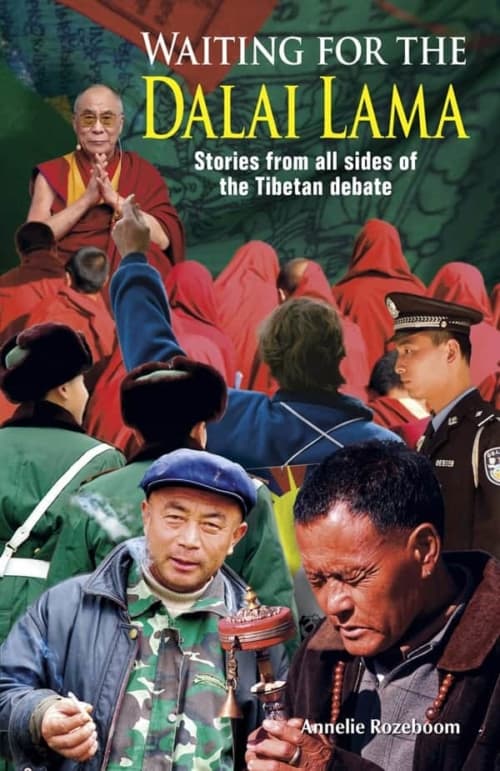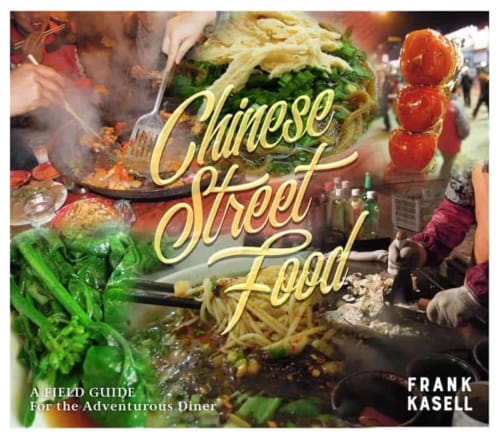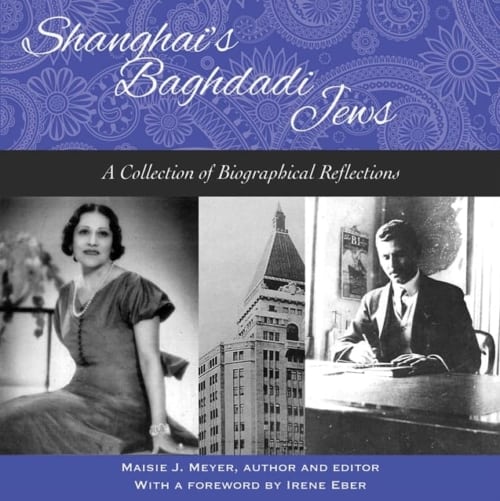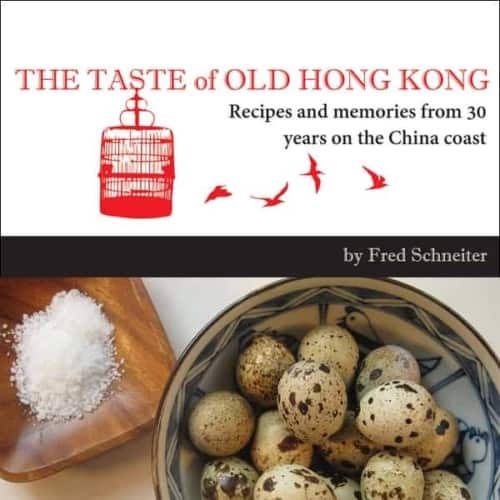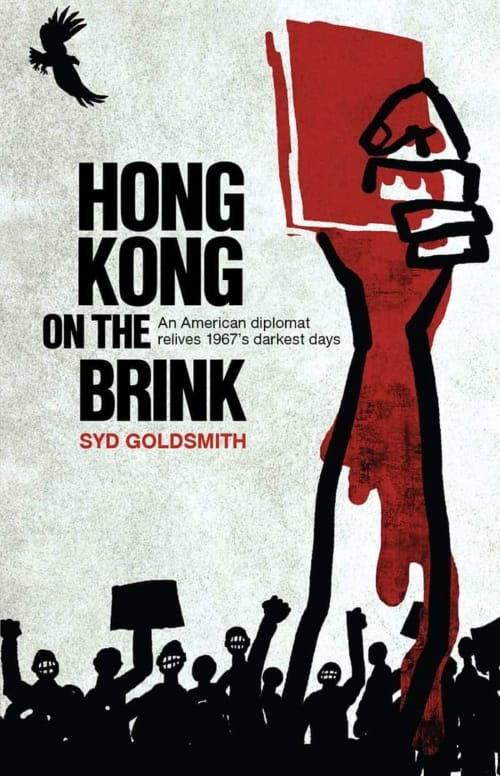Description
There’s no place quite like it. From Guangzhou to Hong Kong, the booming megalopolis of the Pearl River Delta has endless stories to tell. South China Morning Blues is filled with these tales of the postmodern East: depraved, rapidly changing, and never boring. Just what kinds of people find themselves in 21st-century China? There’s Marco, a crooked businessman with a penchant for call girls; Danny, a culture-shocked young traveler; Sheila, a local club girl caught up in family politics; Amber, a drug-fueled aspiring model; Terry, an alcoholic journalist; and Ting Ting, a lovable artist with a chip on her shoulder. Their lives intertwine in unexpected ways as they delve deeper into their surroundings and in the process learn more about themselves. China may be leading the world into the future, but its inhabitants will have to make sense of the present if that future is ever going to arrive.
“In the early 21st century, the Pearl River Delta spotlight has shifted from Hong Kong to the mainland side of the border. Ray Hecht trawls the underside of the world’s factory floor with appropriate measures of exhilaration, ennui and exotica.” – Muhammad Cohen, author of Hong Kong On Air
“If you know China at all, you will appreciate the characters and settings. And if you’re a China novice, you’ll understand more about a huge area that is often overshadowed by Beijing and Shanghai. I would recommend this book to everyone.” – Susan Blumberg-Kason, author of Good Chinese Wife
Ray Hecht talks to SCC Overton for the Hong Kong Writers Circle podcast
“South China Morning Blues is written in a stream-of-consciousness, first-person narration. Unavoidably, this is sometimes inane and slow moving; but it’s also often funny and, above all, honest. The novel is painfully true to life: how we actually were when young and finding our way, rather than how we would like to remember ourselves. I laughed aloud in numerous places, perhaps most often for Danny, the non-descript English teacher and laowai newbie who is soon playing the veteran.” – Bookish Asia
“Ray Hecht’s debut novel is a detailed and sincere depiction of what life is like in the Pearl River area. … As one of the first attempts to describe the expat life of common people, both foreigners and locals, SCMB succeeds in capturing a particular moment in time and space.” – The Nanfang
“Each chapter brings a new snapshot of one of the twelve characters, categorized by their Chinese lunar star signs. Hecht coaxes us into their worlds with gritty dialogues and an uncensored vernacular reminiscent of Welsh and Bukowski.” – City Weekend
“The characters in South China Morning Blues are all in their twenties. And to make matters even more challenging, they live in what may be the fastest changing region of the fastest changing country in the world. Hecht, an American, has lived there, mostly in the city of Shenzhen, since 2008. He knows the area well. … Whether you’ve ever traveled to or lived in China, I think you’ll find something new and interesting in South China Morning Blues.” – Behind the Story
Ray Hecht is interviewed by Speaking of China
“If you’re new to China then the book does a superb job of introducing the flotsam and jetsam that one will encounter living in the country. The characters’ motivations and desires all ring true. If you’re a “nice guy”, teaching or DJing in China or perhaps with just an interest in the country, you’ll enjoy the ups and downs of the protagonists and the situations they find themselves in. There is something for everyone to relate to in the book: loneliness, self-doubt, fear of the future. It’s only cynical old assholes like me (and maybe Isham Cook) that will have trouble finishing this novel. Like Marco the Tiger character, we are the “weird old guys” who everybody else thinks has a strange minority opinion.” – Arthur Meursault
“Though SCMB is mostly focused on outsiders, it is not overburdened with cliched portrayals of the quirkiness of China as some books written by expats tend to be. The book pulls no punches with unscrupulous aspects of life in China like dishonest employees or the trend of mistresses, nor the shallower aspects of life as a China expat (some of which could have applied to me when I lived there).” – My Take
